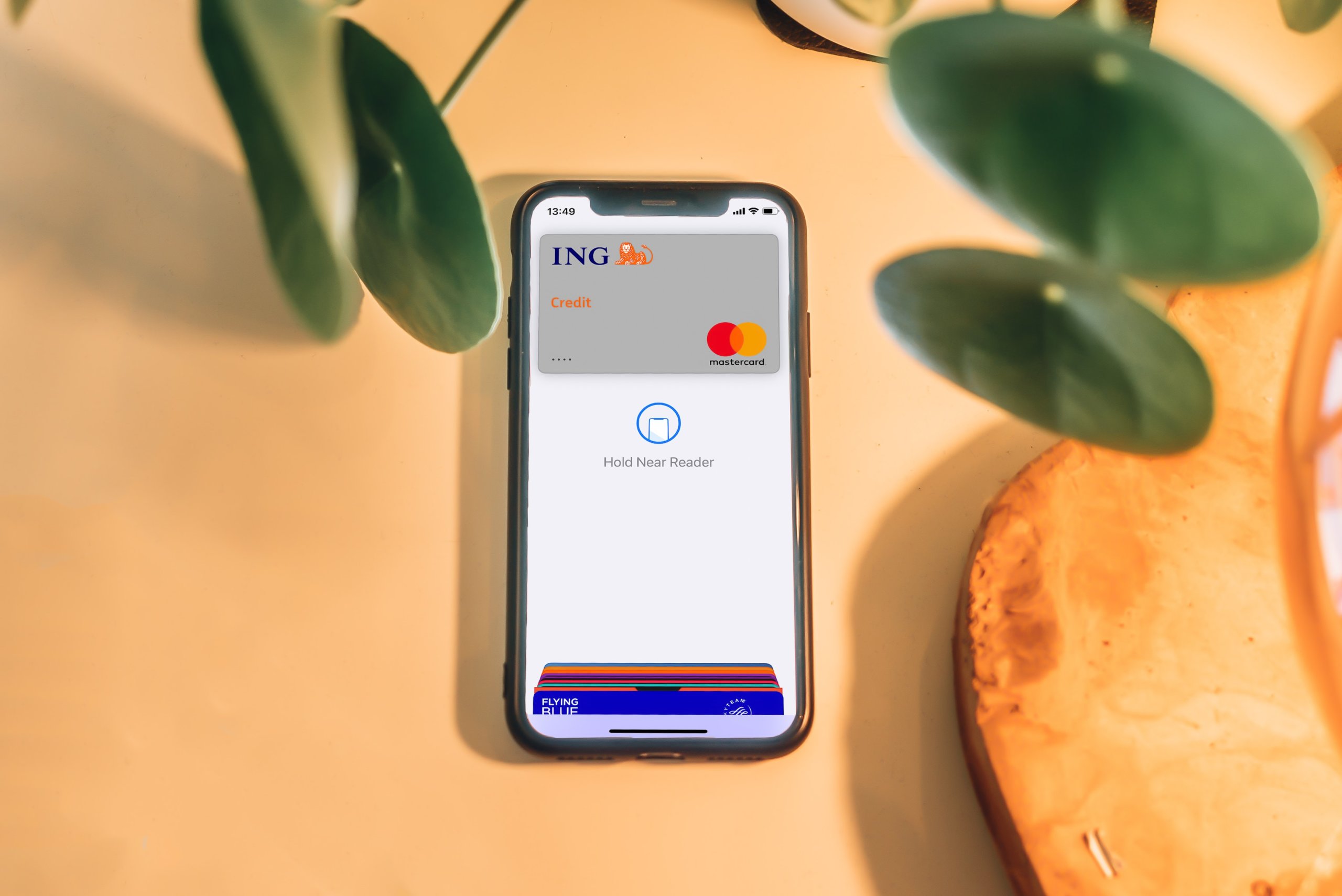 Banks are still selling many services under one roof. But they’re seeing increased competition from financial technology startups that specialize in one service. Although these FinTech startups offer one service, they do it well; Robinhood lets you trade stocks for free, Acorn invests your change for you, and Prosper offers loans through a marketplace.
Banks are still selling many services under one roof. But they’re seeing increased competition from financial technology startups that specialize in one service. Although these FinTech startups offer one service, they do it well; Robinhood lets you trade stocks for free, Acorn invests your change for you, and Prosper offers loans through a marketplace.
As a result, traditional financial institutions are seeing certain services drop in customer acquisition. But at least they can count on direct deposit check cashing every two weeks, right? Well, not anymore. Now, digital banks are taking over daily cash management from traditional banks, too.
A New Way to Manage Your Money
Monzo is a London-headquartered app-only bank. Most of Monzo’s customers are in their 20s and 30s, and they’re scattered all over Europe. British government officials have been wary of the large traditional banks ever since 2008, when the last financial crisis rippled throughout the world. Officials say that startups like Monzo weaken the hold that big banks have over their customers.
And they’re putting their money where their mouth is. Last year, Monzo received a license from the British government to hold customers’ deposits on its own. This type of license has never been issued to any startup in the United States.
Tom Blomfield is the co-founder and CEO of Monzo. He says Britain’s “regulator is pretty forward thinking.” Blomfield says that although investment banking has been affected by algorithms and automatic investment code, day-to-day retail banking hasn’t been impacted by technology much yet.
Using the Internet means Monzo doesn’t need to rent any space, allowing them to hire more programmers and build better features. Customers can text customer support instead of visiting a branch in-person.
Spending Money to Make Money?
Just because you have a sleek FinTech mobile app doesn’t mean your company is making any profit, though. Despite being valued at over $1.3 billion, Monzo reported a loss of $43 million last year. Although most of its customers make more than the median salary in Britain, it’s difficult to make money when you don’t offer loans or mortgages.
Most of Monzo’s customers don’t deposit their paycheck into Monzo; they use the app as an add-on service for cheaper international exchange rates.
Hans Morris formerly worked as an executive at Citigroup and Visa, and he manages venture capital fund Nyca in New York. He says, “The big question is, will millions of people switch their primary transaction accounts, where their checks get deposited and where they pay their bills and do their key transactions. If you’re making a historical bet, you would say that they aren’t going to switch.”
FinTech Boom Still Ramping Up
The big banks are turning a profit and taking a cue from startups like Monzo, offering mobile-forward banking with lending, savings, and budgeting features. There is no end in sight to FinTech startup fundraising, however; globally, we’ve spent over $1.2 billion investing in banking startups, with 70% of those funds going to European companies, according to a report by CB Insights.
Although Monzo plans to enter the U.S. market of financial consumers next year, regulations in the country will make it very difficult for them to stick around for any long-term plan.
Do you think it’s time for mobile apps and FinTech startups to become the mainstream solutions for our banking needs? Let us know what you think in the comments!





